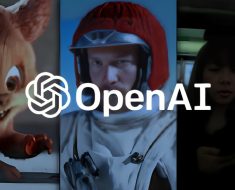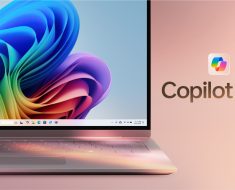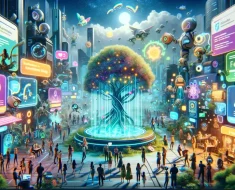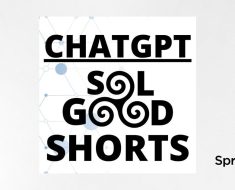
GPT-5, OpenAI’s highly-anticipated model that would power ChatGPT, is reportedly only a few months away.
According to Business Insider, OpenAI is expected to release the new large language model (LLM) this summer. What’s more, some enterprise customers who have access to the GPT-5 demo say it’s way better than GPT-4. “It’s really good, like materially better,” according to a CEO who spoke with the publication. The new model reportedly still needs to be red-teamed, which means being adversarially tested for ethical and safety concerns. Successful red-teaming will ultimately determine when GPT-5 is released.
OpenAI’s ChatGPT has been largely responsible for kicking off the generative AI frenzy that has Big Tech companies like Google, Microsoft, Meta, and Apple developing consumer-facing tools. Google’s Gemini is a competitor that powers its own freestanding chatbot as well as work-related tools for other products like Gmail and Google Docs. Microsoft, a major OpenAI investor, uses GPT-4 for Copilot, its generative AI service that acts as a virtual assistant for Microsoft 365 apps and various Windows 11 features. As of this week, Google is reportedly in talks with Apple over potentially adding Gemini to the iPhone, in addition to Samsung Galaxy and Google Pixel devices which already have Gemini features.
Expectations are high for the upcoming GPT-5 model. In a recent podcast interview with Lex Fridman, OpenAI CEO Sam Altman fanned the hype flames by saying, “I think [GPT-4] kind of sucks,” before adding “I expect that the delta between 5 and 4 will be the same as between 4 and 3,” referring to the vast improvement of GPT-4 from GPT-3. “I think it is our job to live a few years in the future and remember that the tools we have now are going to kind of suck looking backwards at them and that’s how we make sure the future is better,” Altman continued.
Altman didn’t say when GPT-5 would be released, or whether it would even be called “GPT-5”, but confirmed, “we will release an amazing new model this year.” Altman was vague about what makes it so amazing, but said the technical side is particularly important to defining what the final product will look like.
Amidst OpenAI’s myriad achievements, like a video generator called Sora, controversies have swiftly followed. OpenAI has not definitively shared any information about how Sora was trained, which has creatives questioning whether their data was used without credit or compensation. OpenAI is also facing multiple lawsuits related to copyright infringement from news outlets — with one coming from The New York Times, and another coming from The Intercept, Raw Story, and AlterNet. Elon Musk, an early investor in OpenAI also recently filed a lawsuit against the company for its convoluted non-profit, yet kind of for-profit status.





